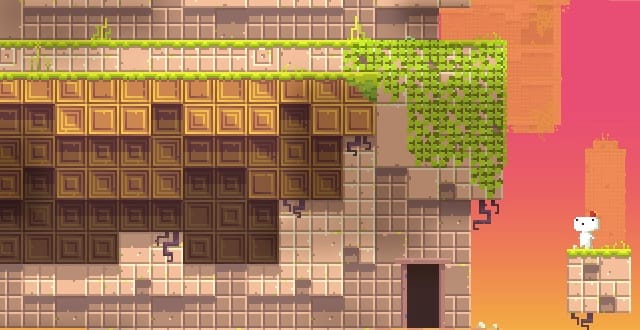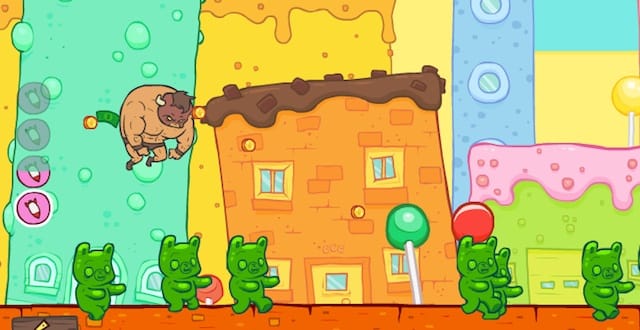
Ryan Kuo
14 posts


Interview: Gearbox Software explains their love of guns and Borderlands 2.
When Borderlands 2 is released on September 18, it will expand on the comic-book wasteland setting of its predecessor in more than a fictional way. The first game, a combination of first-person shooters, role-playing games, and massively-multiplayer online games like World of Warcraft, set itself ap
Play of the Day: Epic sax swinging in Epic Sax Game
Kill Screen contributor, comics artist, academic, and high-concept game maker Pippin Barr debuts a new game today. It’s called Epic Sax Game and it’s a glorious feat of keyboard jamming, Guitar Hero spoofage, paint-by-MIDI, and Eurovision homage. Check out this video (at your own risk) to see/hear t



Subscribe to new posts
Processing your application
Please check your inbox and click the link to confirm your subscription
There was an error sending the email
